Posts Tagged ‘coin fact’
20 Surprising Facts About UK Coins…
Do you think you have a good knowledge of UK coinage? Well check out these 20 surprising facts that you might not know about UK coins!
1. The direction of each monarch’s effigy faces in the opposite direction to their immediate predecessor. This has been tradition since the time of Charles II onwards, with the only exception being Edward VIII, as he preferred his left portrait to his right, which was the side proposed for coins of his reign.
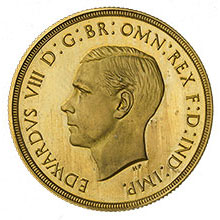
2. Two 1p coins weigh the same as one 2p coin, and two 5p coins weigh the same as one 10p coin. A 1p coin weighs 3.56g, so times that by 2 and you’ve got the weight of a 2 pence piece, 7.12g
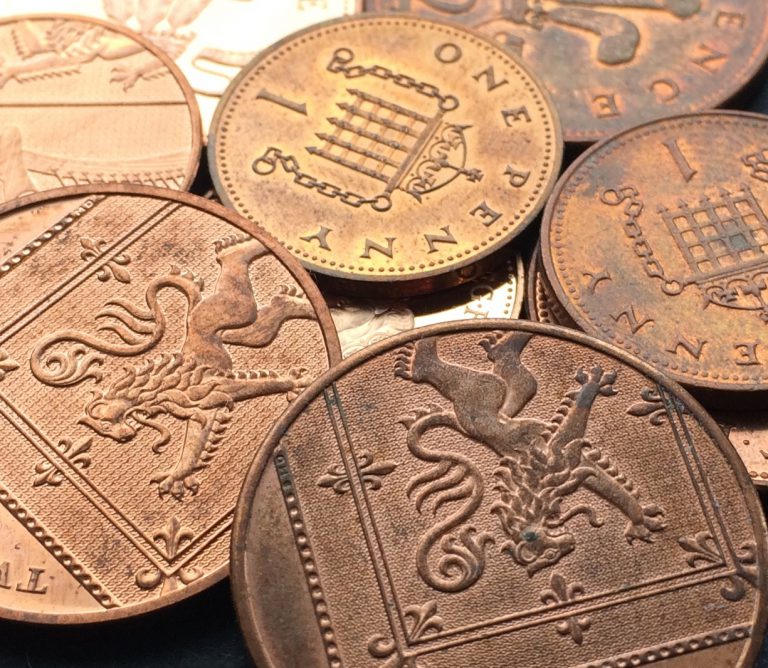
3. Whilst the high-value banknote in general circulation is the £50 note, there are such things as £1 million notes and £100 million notes. They are locked away deep in the Bank of England’s vaults and are used to back the value of every notes issued by commercial banks in Scotland and Northern Ireland.
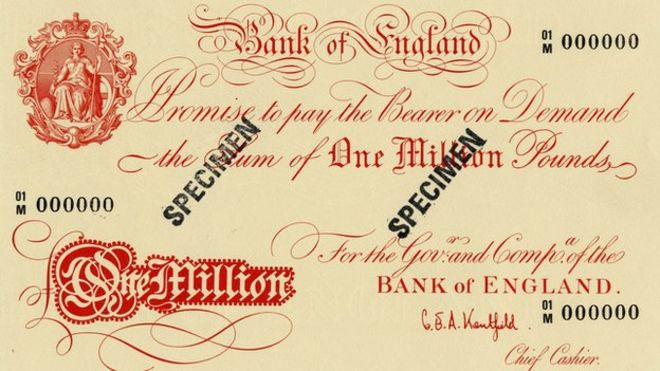
4. The word Farthing derived from a shortening of the word ‘Fourthing’. As far back as 1060, an English coin was shaped like a clover, so that any of the four leaves could be broken off and used as separate pieces of currency.
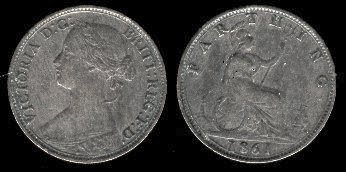
5. The commonly used term ‘quid’ actually originates from the phrase Quid Pro Quo, which translates literally to ‘what for what’. This term first appeared back in 1661!
6. According to the central banks, Brits are the world leaders at counterfeiting. There are an estimated 300 fake notes in every one million sterling notes!
7. When the UK prepared for the decimalization of its coinage, the government embarked on an enormous media campaign including leaflets, TV spots and even songs!
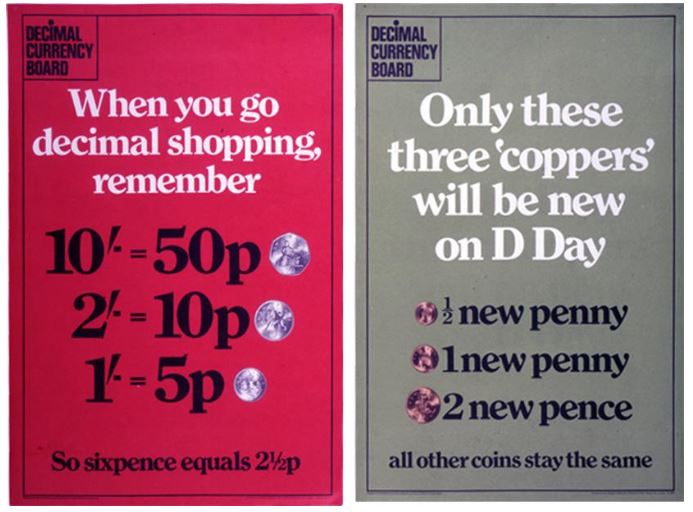
8. During the Second World War, Nazi Germany produced huge quantities of counterfeit sterling notes to try and devalue British currency. By 1945 a huge 12% of the notes in existence were counterfeit! The problem was solved by removing higher denomination notes from circulation and putting metal threads through new notes, making them harder to forge.
9. Stamps are not legal tender. Whilst you are free to accept stamps as payment for a service or goods, there is no legal obligation for you to accept them when offered. They have however been used as emergency currency in other countries.
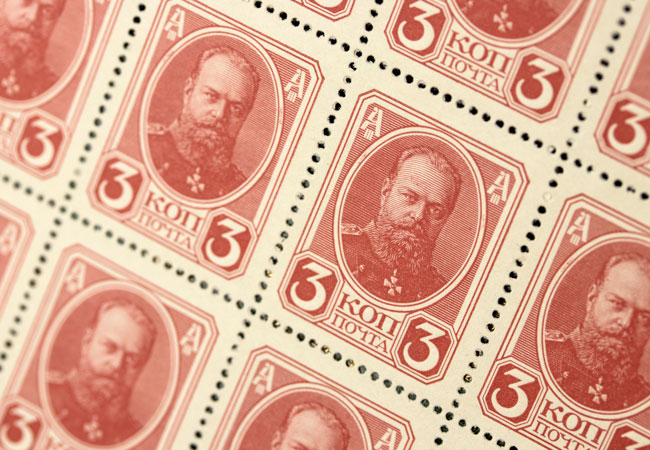
10. You cannot pay fines in pennies. Have you ever considered paying a parking fine you didn’t think was fair with nothing but pennies? Well, be aware that the council is under no obligation to accept them! While relevant parties can choose to accept any type of payment they wish, in England and Wales restrictions apply on sums below £1.
11. Despite common belief, the polymer notes are not indestructible. Although we don’t recommend destroying them as you won’t be able to spend them!
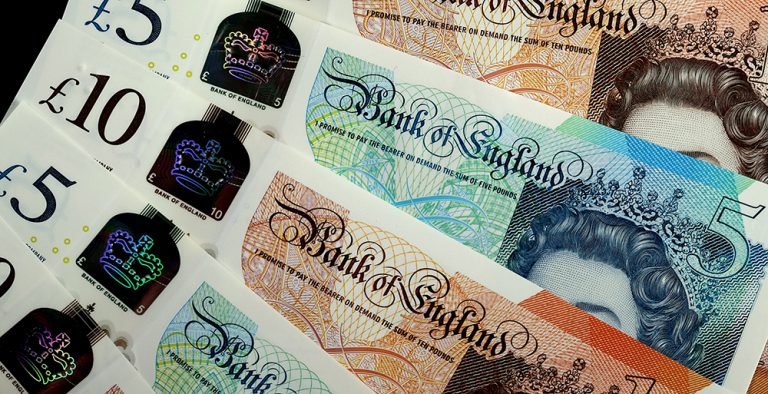
12. An estimated 28,850,000,000 UK coins are in circulation today! This is equivalent to almost 4 billion pounds worth of coins!
13. The use of gold in UK coinage ended when the First World War began. The gold sovereign, prior to 1914, was worth about £1 in circulation. However, the public were asked to hand any in to help fund the war effort. In its place came the £1 and £10 notes.
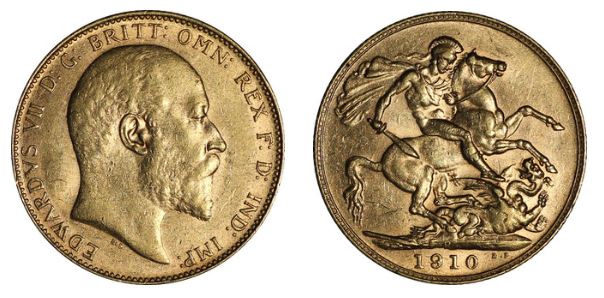
14. There is a myriad of Cockney rhyming slang to describe money. Apple core means £20, Uncle Ben means 10 and if someone asks to borrow a taxi driver, they actually mean a fiver.
15. The ‘coppers’ in your change, aren’t actually made of copper. Since 1992, 1p and 2p coins have been made of steel, with a copper plating.
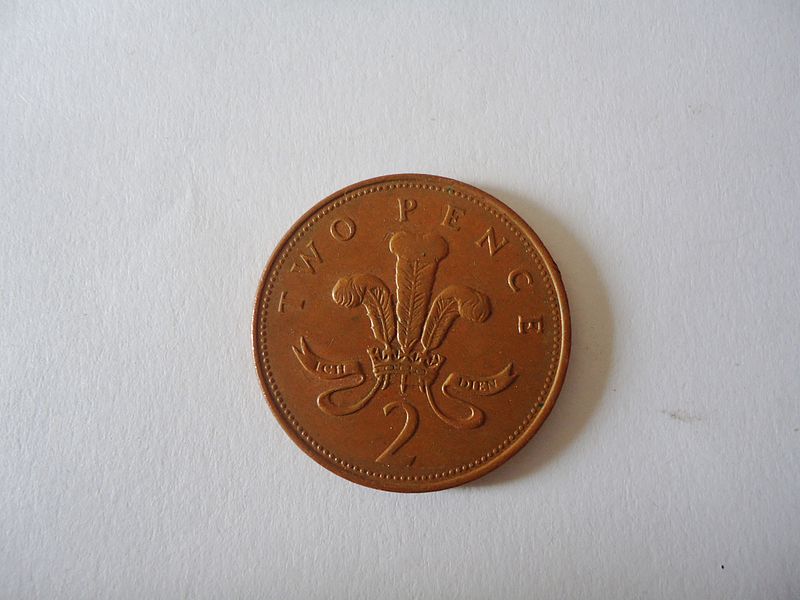
16. The UK’s current definitive coinage dated 2008 or younger, make up the design of the Shield of the Royal Arms when they are all placed together. Pretty cool, right?
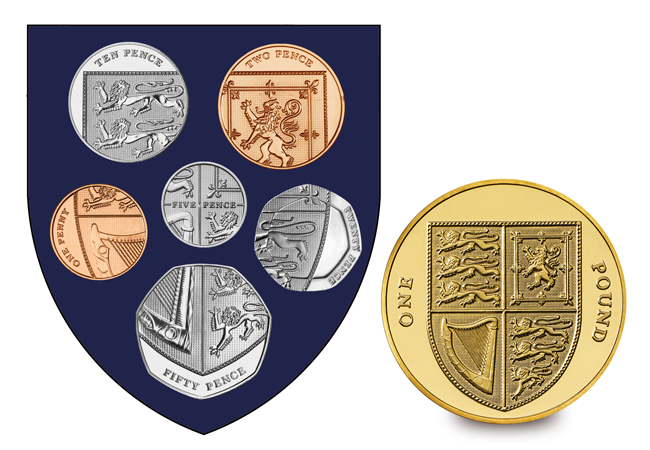
17. Legend has it, the M11 has an exit but not an entry at Junction 5 to prevent would-be thieves escaping. This is because of its close proximity to the De La Rue Currency factory – where banknotes are printed for the Bank of England. This way, any potential robbers wouldn’t be able to make their escape quickly out of London and onto a motorway.
18. The Queen must officially approve any coin design before it can be made. The design is first put to the Chancellor, who then passes it on to the Queen for her official sign-off.
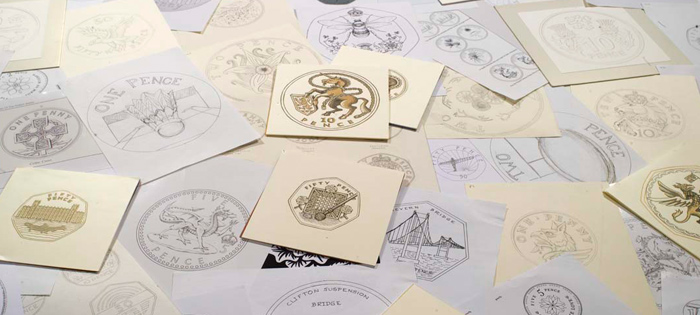
19. A full judicial trial is held to test newly-minted coins – called the Trial of the Pyx. This ceremony is held to ensure newly-minted coins conform to the required standards. The trials are held once a year and the coin’s diameter, chemical composition and weight is tested. These trials have been held since the 12th century and the process remains largely unchanged since that date!
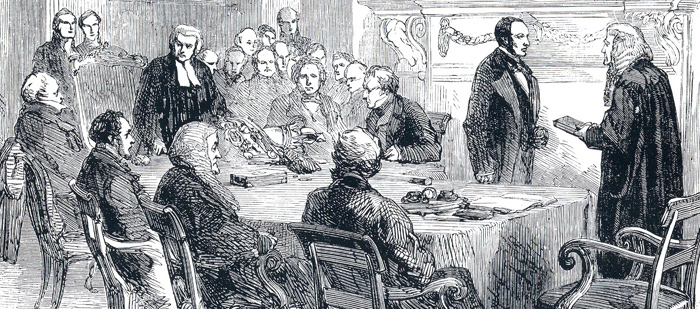
20. If you find a buried treasure chest of money and don’t report it, you could face a prison sentence! Technically any hidden treasure found in the UK belongs to the Queen! All findings must be reported to the coroner within 14 days and the treasure will be offered to museums. If the museums choose not to bid on it, then the finder/land-owner gets to receive it.
How many of these surprising facts did you already know? Let us know in the comments below!
If you’re interested in coin collecting, our Change Checker web app is completely free to use and allows users to:
– Find and identify the coins in their pocket
– Collect and track the coins they have
– Swap their spare coins with other Change Checkers

Sign up today at: www.changechecker.org/app
